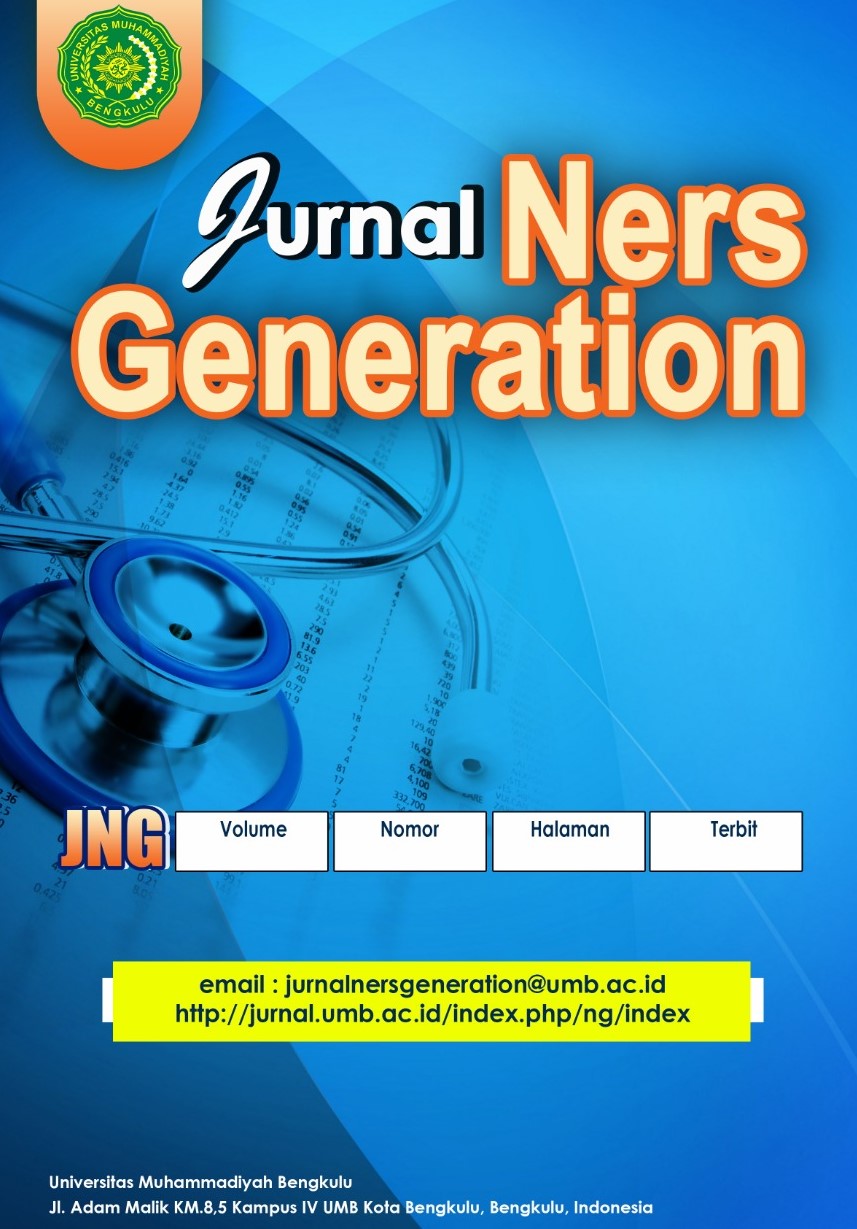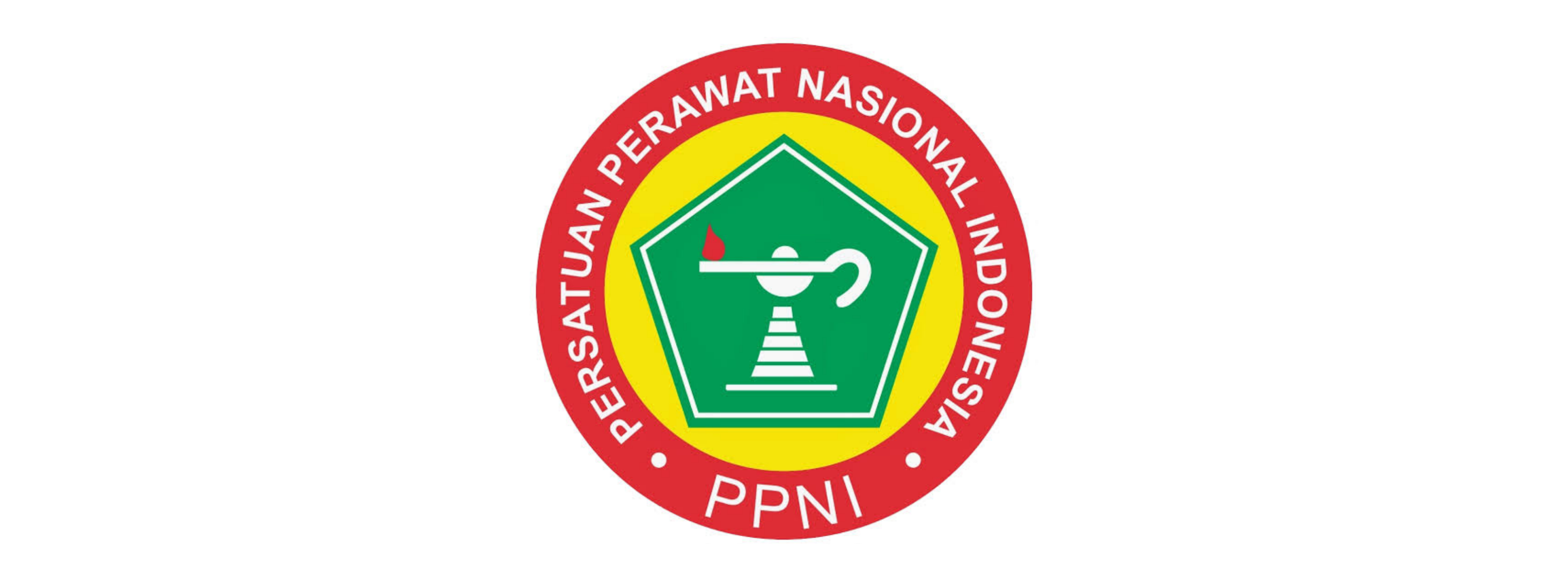Pengaruh Metode Story Telling Terhadap Kemampuan Perkembangan Bahasa Pada Anak Usia Prasekolah di TK Rafa Tengah Padang Kota Bengkulu
Abstract
Pre-school age children are children aged 3-6 years. Language development is a part of the maturity of human organs such as the brain. Humans outwardly have mastery of language. This study aims to determine whether there is an effect of the story telling method on the language development of preschool children. This type of research is quantitative research. The research design used the Quasi Experiment with a one group pre-post test design approach. Purposive sampling technique with a total sample of 18 respondents. The results showed that the frequency distribution of the characteristics of the majority of respondents was in the 5-6 year age group, which was the preschool age category, with 18 respondents (100%). All respondents were 50% male, namely 9 respondents and 50%, namely 9 respondents, the remaining female. The average value of language development before being given the story telling method was 26.28. The average value of language development after being given the story telling method the average value of the respondents increased to 41.39. Based on the results of the study, it was found that the average post test was 9.50, increasing to 171.00, which means that there was an increase in the level of knowledge from the pre test to the post test. While the value of Sig. 0.000 < α (α=0.05). So it can be concluded that hypothesis 0 (H0) is rejected, meaning that there is an influence given the story telling method on the language development of the respondents. So from that it can be concluded that there is an influence of the story telling method on the language development of preschoolers. It is suggested to the school to be able to apply the story telling method to learning.


 AUTHOR GUIDELINE
AUTHOR GUIDELINE



